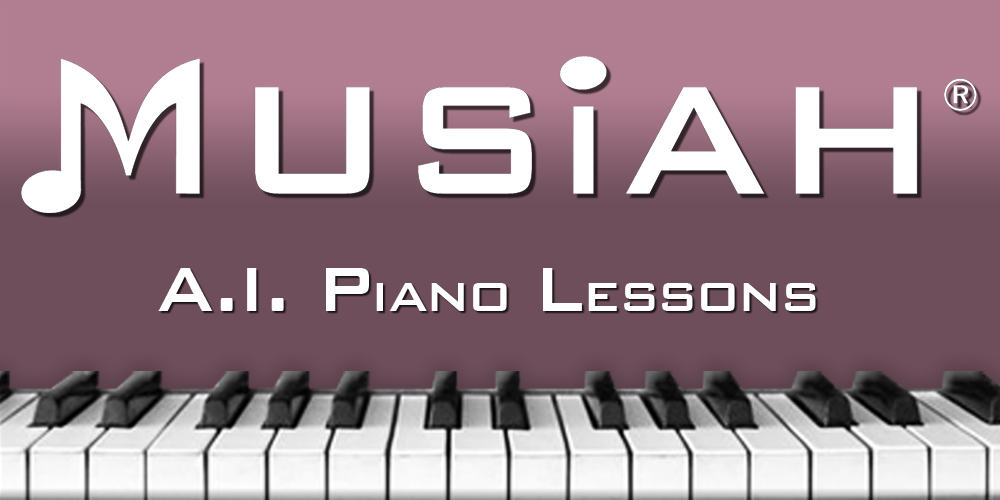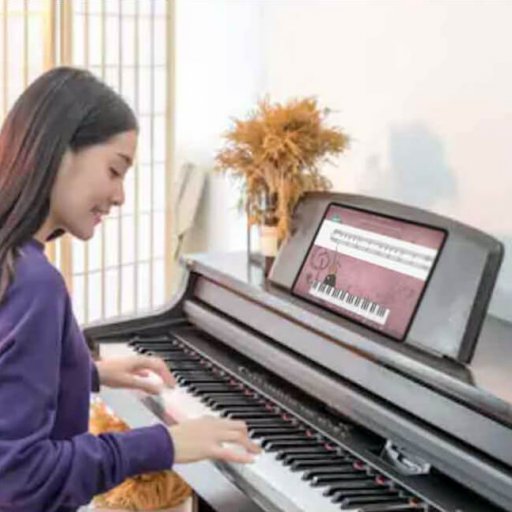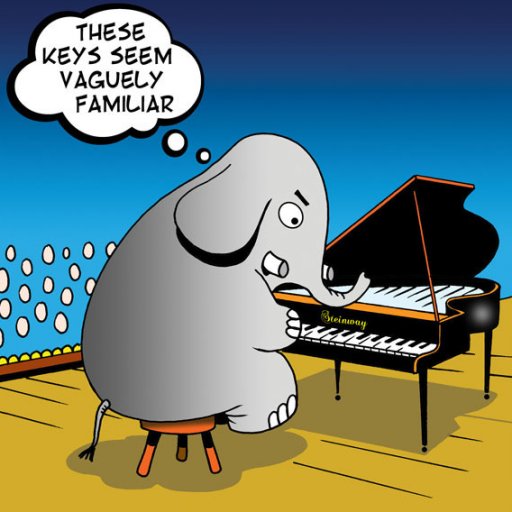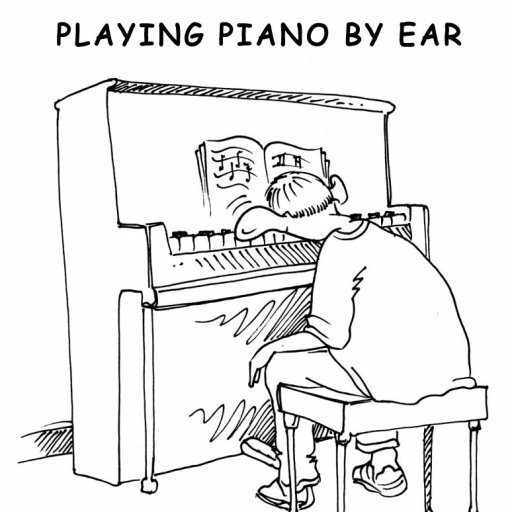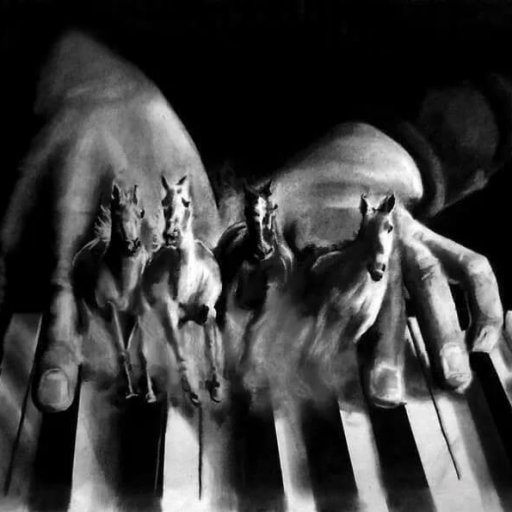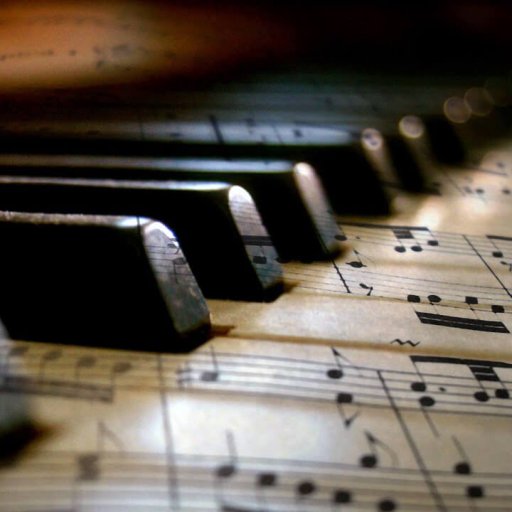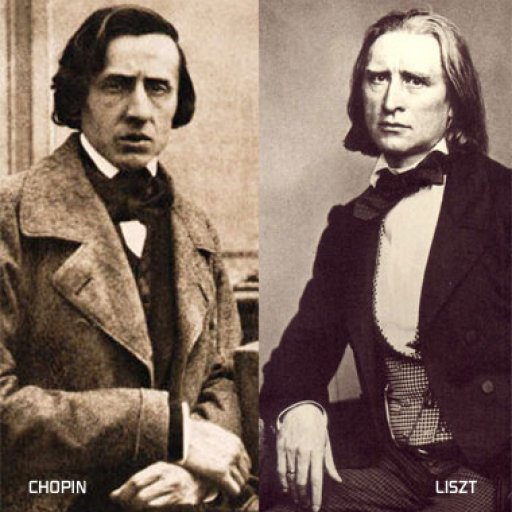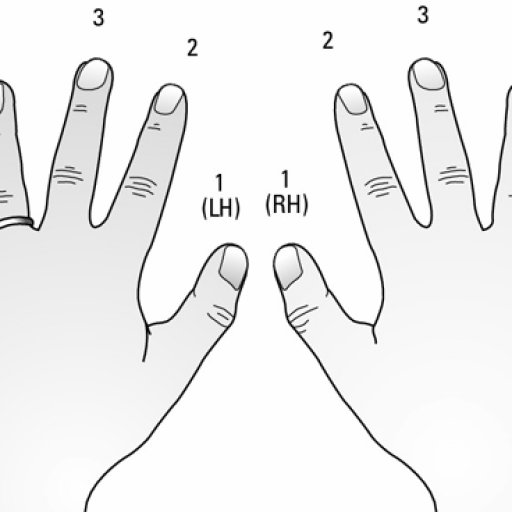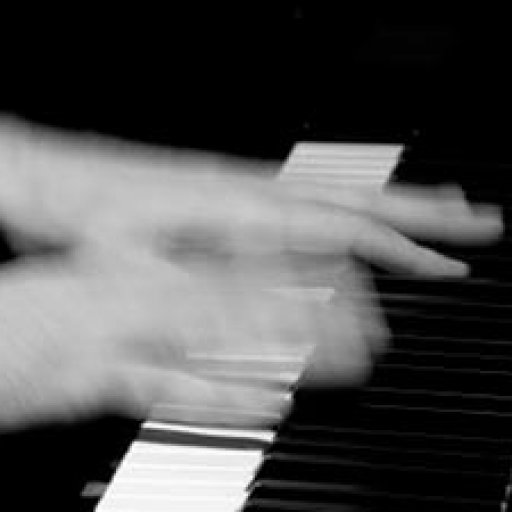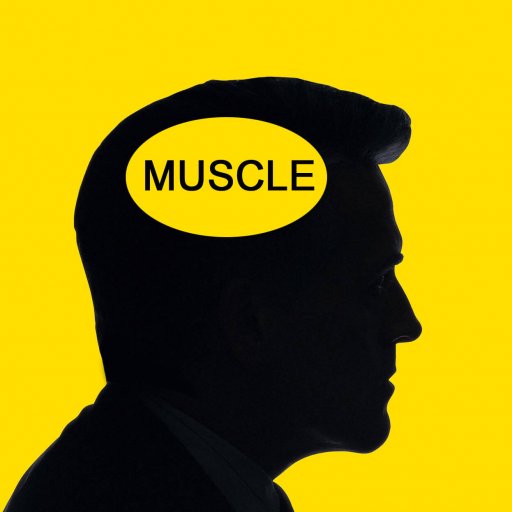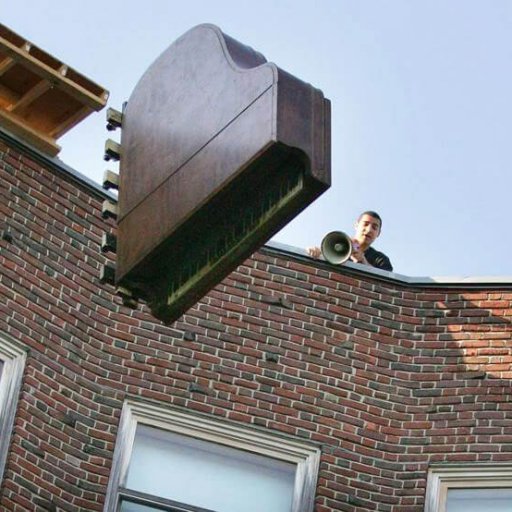Piano Practice Vs Playing — Do You Know The Difference?

Here’s an interesting fact… in a typical practice session of say 30 minutes, most piano students spend a significant amount of time (20 minutes or more) ‘playing’ through several of their pieces (usually their favourite pieces tend to dominate the selection).
And here’s an even more interesting fact… in that 20 minutes (or more), they think they’re practicing when — you guessed it — really, they’re not.
So in reality, only for the remaining 5-10 minutes are they actually practicing.
What’s the difference between piano practice and piano playing?
If you pick one or more pieces and simply play through them from start to finish because you enjoy playing them, that’s great — as long as you don’t count that as part of your practice time.
To take this point a little further, students will often pick their favourite passage from a given piece and just play that (maybe several times over and over) because it’s easy and enjoyable. They’ve mastered that section of the piece and they’re comfortable playing it, so that’s what they do instead of turning their attention to the more daunting task of working on the part(s) of the piece they can’t play so easily.
So for the purpose of this article, ‘playing’ is the act of playing your favourite piece(s) or sections of a piece without actively striving to improve your ability to play the piece.
Don’t get me wrong… this is a perfectly valid and leisure activity, and the ability to do this is one of the goals we all strive for on our piano lessons journey. But it’s also a sublime example of the human tendency to procrastinate — if you’re merely ‘playing’ your pieces when you’re supposed to be practicing.
In contrast to playing, ‘practice’ is when you focus your attention on either learning new material or improving your ability to fluently play the weak spots in pieces you can otherwise already play.
A good approach to piano practice
As an example, let’s say you know a piece fairly well. A good approach to practice is not to start at the beginning. Why? Because in most cases, students have practiced / played the beginning of a piece many more times than the middle or end of a piece. This is why the later passages of a piece are often the weakest sections.
Instead of always starting at the beginning, when you practice, try working on the last line of a piece first. Really break down any aspect you are struggling with into small sections and don’t be tempted to play earlier sections of the piece until you have mastered that last line.
Then start from the 2nd last line and work on it. When you mastered it, work on putting the last two lines together. If you can play them securely, great. Now keep working your way backwards toward the beginning of the piece.
In a more specific example, let’s say a piece is 60 bars long, and you can play the piece pretty well, but every time you play it, bar 53 always gives you grief. In your next practice session, start with bar 53 and work on just that bar for as much time as is productive. Hopefully, you’ll figure out what it is about that bar that has been tripping you up and can bed it down. In which case you can target your 2nd weakest bar / phrase next and work on that.
See what I mean? Practice is all about actively working and focusing on the areas you need to improve, which of course also includes learning brand new pieces, scales, etc.
Then, at the end of your practice session, you can reward yourself by spending some additional ‘free’ time playing through whichever piece(s) you most enjoy.
How does Musiah help keep students on track with piano practice?
One of the great things about Musiah is that it is just like having a live piano teacher sitting next to you at all times while you practice, so it’s pretty hard to drift off task.
When you are going through lessons within the app, Musiah (your virtual piano teacher) is there to guide you every step of the way, and if there’s a particular section or bar of an otherwise finished piece you need to work on, you can navigate directly to that lesson module and have Musiah work on it with you.
If you prefer to spend some time in the Practice Area of the app, that’s also a great way to practice productively as there are many tools to help and guide you in the Practice area such as real-time visual feedback highlighting mistakes in your playing and scores to help motivate you to improve and earn higher scores.
And of course, your overall journey with Musiah, is a holistic one in which you are gradually collecting sufficient stars to unlock performance challenges at the end of each level in the course and more.
What about the Games Area in the Musiah App — Is that Practice or Leisure?
In a sense, it can be either. The Games Area is great for actively working on your note reading, note playing, ear training and more — which is all highly beneficial. That said, I would encourage most students to think of the Games Area as an area for supplementary activities that you would do outside of / in addition to your core practice time.
In closing, the point of this article is to raise awareness of what is piano practice and what is the more leisurely activity of playing piano or playing games.
It’s not so much a given activity as your approach to that activity that defines whether it really is practice.
I hope these thoughts are helpful and that they may assist you to hone your ‘practice radar’ so you will make the most of your time at the piano.
You may also enjoy Why Practice Piano When You Can Have A Perpetual Lesson?
Lastly, dear reader, if you would like to experience a highly structured yet gently guided learning environment in which practice time and lesson time merge into one, I warmly invite you to take our Online Piano Lessons 14 Day Free Trial.
Thanks for reading,
Brendan Hogan L.Mus.A, A.Mus.A.
Piano Teacher & Musiah Inventor
RECOMMENDED ARTICLES
Online Piano lessons – Do They Work?
Piano Lessons For Adults
Piano Lessons For Kids
Piano Lessons For Beginners
Advanced Piano Lessons
Free Piano Lessons (on piano technique)
The Best Piano Method
The Best Piano Learning App
Learning To Play Piano As An Adult – Why it's easier than you think!
